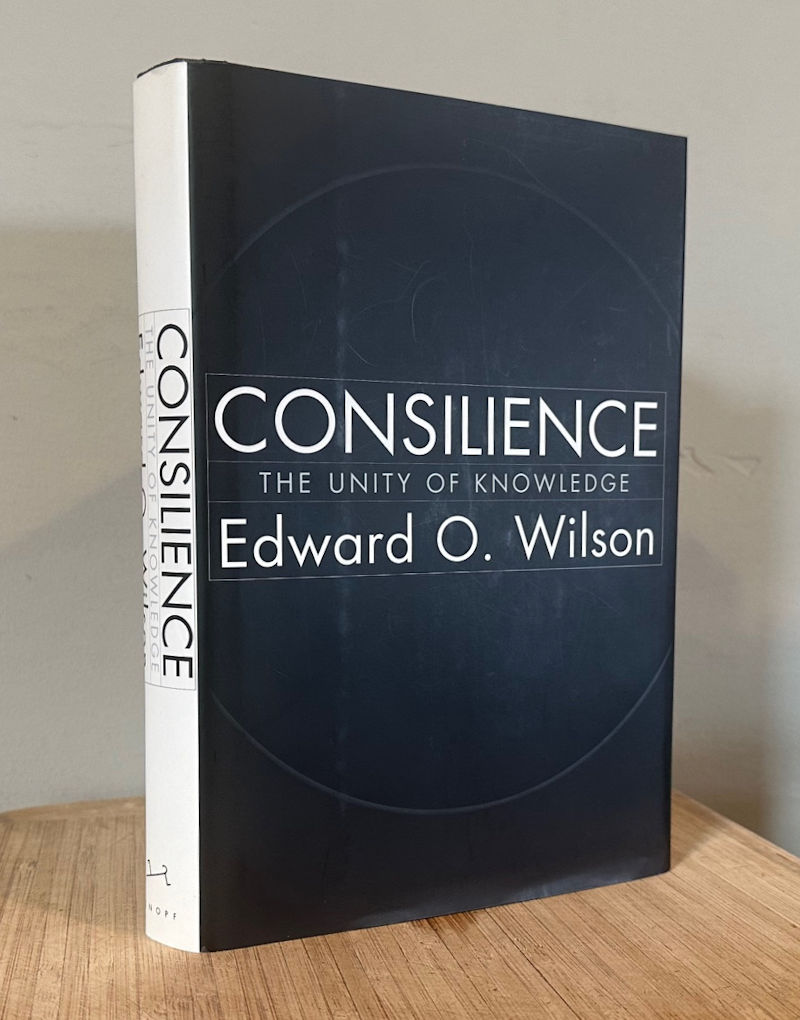- Political links as views into an alternative reality, or perhaps the Twilight Zone;
- Michelle Goldberg about Mark Robinson; Peter Wehner about how Christians support a morally depraved ex-president; hypocrisy in Alabama; two pieces about Christian nationalist Matt Schaefer;
- Short items about the Courts, DeSantis, who Republicans hate, and the scam of trickle-down economics;
- And two more pieces about Katie Britt, and what her speech revealed about Republicans, and the Republican way of life.
First, I’ve added a follow-up thought to my discussion of the Thomas Nagel book, in that post, about what philosophy professors, or writers, do or do not tell students/readers about philosophical issues that have been solved by science.
Second, another batch of what might be called political links. It occurs to me these might be taken as explorations into an alternative reality instead, a reality apart from standards of reason and evidence and progress. (Or perhaps… explorations into “the twilight zone.”) Another way of looking at “polarization.”
Some of these items concern topics already discussed.

NY Times, Opinion, Michelle Goldberg, 7 Mar 2024: We Need to Talk About This Republican Candidate’s Antisemitism
Continue reading →













